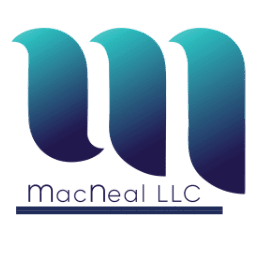Being self-employed offers freedom, but it also comes with the responsibility of handling your taxes. From self-employment taxes to quarterly estimated tax payments and deductible business expenses, managing your financial obligations is essential for your financial success. In this blog, we’ll provide guidance to self-employed individuals on navigating these aspects to ensure you not only comply with the law but also maximize your after-tax earnings.
Understanding Self-Employment Taxes:
Self-employed individuals are subject to self-employment taxes, which cover Social Security and Medicare. Unlike employees, you must pay both the employer and employee portions of these taxes. This can result in a substantial tax burden, but it’s vital for securing your future Social Security benefits.
Quarterly Estimated Tax Payments:
To avoid surprises come tax time, self-employed individuals are required to make quarterly estimated tax payments. These payments help you stay current on your tax obligations and prevent underpayment penalties. Accurately estimating your income and deductions is crucial for determining the right payment amount.
Deductible Business Expenses:
One significant advantage of being self-employed is the ability to deduct legitimate business expenses. These deductions can significantly reduce your taxable income, leading to lower tax liability. Common deductible expenses include office supplies, professional fees, advertising costs, travel expenses, and more. Keeping detailed records is essential to substantiate your claims.
Retirement Planning:
As a self-employed individual, you’re responsible for your retirement savings. Consider opening a Simplified Employee Pension (SEP) IRA, a Solo 401(k), or a Simplified Employee Pension (SIMPLE) IRA to take advantage of tax-advantaged retirement savings. Contributions to these plans can reduce your taxable income while helping you secure your financial future.
Tax Planning and Professional Assistance:
Navigating self-employment taxes and maximizing your deductions can be complex. It’s advisable to work with a tax professional who can guide you through the process, help you identify deductions, and ensure compliance with tax laws. Professional assistance can lead to tax savings and peace of mind.
As a self-employed individual, handling self-employment taxes, quarterly estimated payments, and deductible business expenses is essential for financial success. By understanding these tax aspects, you can minimize your tax liability and make the most of your earnings. With diligent record-keeping, smart financial planning, and professional guidance, you can thrive in the world of self-employment while securing your financial future.
Self-employed? Boost your bottom line with our tax mastery guide. Book your session now and elevate your earnings.
Ready to file now? Complete our 2023 Tax Season Questionnaire to get started.

